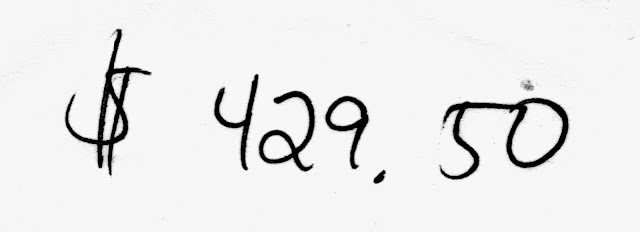This blog is like a huge mechanical swine that loves to eat. I can feed it anything, even an aborted bible commentary. My mechanical swine affords me a guilt-free way to dispose of awful writings.
Here is the ‘M’ key:
Introductory excuse
What happened is that I read an online opinion piece about the second chapter of the Gospel of Matthew. As this piece was written by a Christian, it contained many errors that were easy to correct. So I wrote a reply that remedied the author’s misappropriations. But then I felt guilty about biting on this bait, so I decided to trash my response and jettison everything about it that specifically answered the Christian: I kept only the general observations, knowing that my (bl)hog would surely mistake them for pearls.
Matt 2
The second chapter of Matthew’s gospel serves the purpose of harmonizing a number of Hebrew scriptures and sayings, which were apparently considered prophecies before Year Zero.
In verse 6, Matthew quotes a fragment of Micah (5:2) which made some people expect a king from Bethlehem:
But thou, Bethlehem Ephratah, though thou be little among the thousands of Judah, yet out of thee shall He come forth unto me That is to be ruler in Israel . . .
In verse 15, Matthew tendentiously misreads Hosea—just verse 1 of chapter 11—which caused some people to expect a king from Egypt:
When Israel was a child, then I loved him, and called My son out of Egypt.
Lastly, in verse 23, Matthew copies a legend that cannot be properly cited, as its words were “spoken [not written] by the prophets [plural and unnamed]”:
He shall be called a Nazarene.
This supposedly made some people expect a king from Nazareth.
Matt 2, cont.
If it’s true that the Religious People of Year Zero considered the above ideas to be trustworthy, I imagine that they might have been perplexed about which place to search for their savior; for he could be stationed in Bethlehem OR Egypt OR Nazareth. And that’s only if they limited their scope to these three rumors alone.
The way that Matthew reconciles the above rumors, by the way, is that he allows Jesus to be born in Bethlehem; then he moves him to Egypt while Herod kills all of the children under two years old (they died in place of Jesus many years before Jesus died for them); and finally Matthew makes Jesus occupy Nazareth, after Herod’s death.
Matt 2, concluded
A final thought about faith/ belief/ trust/ what have you, with regard to the wise men (as opposed to all of us who remain unwise) . . .
Some say that those who deigned to visit the original nativity scene evinced, by doing so, a remarkably strong faith in God; but I can’t find anything commendable about this, when I consider how much assistance the sleuths were given:
They were guided by a star which “went before them, till it came and stood over where the young child was” (v. 9)—presumably this was not the result of astrology but a supernatural aid. Moreover, these wise men were given a deific message, by way of a dream (v. 12).
After receiving such miraculous intervention as well as a direct communication from the deity, it would surprise me if these sages had possessed the strength of will to suspend their belief.
Imagine that an actual star lures you from your homeland and eventually “stands over” the person whom you are instructed to worship, yet you firmly refuse to acknowledge this being’s authority. Now THAT is what I would call impressive faith.




No comments:
Post a Comment